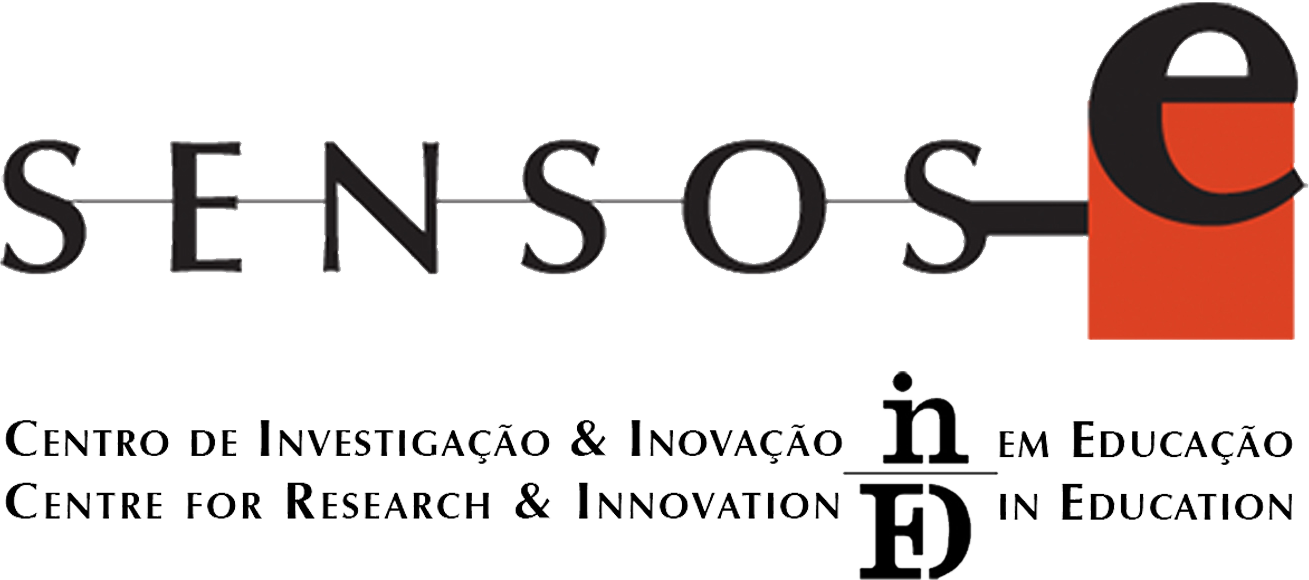Internet addiction and anxious symptoms in adults: The mediating role of self-compassion
DOI:
https://doi.org/10.34630/sensos-e.v10i3.5013Keywords:
Self-compassion, Anxiety, COVID-19, Generalized internet dependency, AdultsAbstract
Introduction: The use of the Internet has increased in recent years, particularly during the COVID-19 pandemic. The use of the internet can become harmful when it becomes excessive and compulsive, associated with psychopathology. Self-compassion has been found to be an effective emotion regulation strategy against problematic internet use and anxiety.
Objectives: To study the relationship between generalized internet dependency, self-compassion, and anxious symptoms, analyzing the mediating effect of self-compassion on this relationship.
Methods: The study included 725 adults who filled out a protocol with self-report instruments that assessed internet dependency (short version of the Generalized Internet Dependency Scale), self-compassion (short version of the Self-Compassion Scale), and anxious symptoms (Inventory of Mental Health).
Results: Higher levels of generalized internet dependency and anxious symptoms were related to lower levels of self-compassion. There was a positive association between anxious symptoms and internet dependency. Self-compassion mediates the relationship between internet dependency and anxiety.
Conclusions: The results identify self-compassion as a potential and effective emotion regulation strategy in adults with generalized internet dependency and anxiety symptoms.
Downloads
Published
How to Cite
Issue
Section
License
Copyright (c) 2023 Jéssica Duarte, Ana Paula Matos

This work is licensed under a Creative Commons Attribution-NonCommercial-ShareAlike 4.0 International License.



